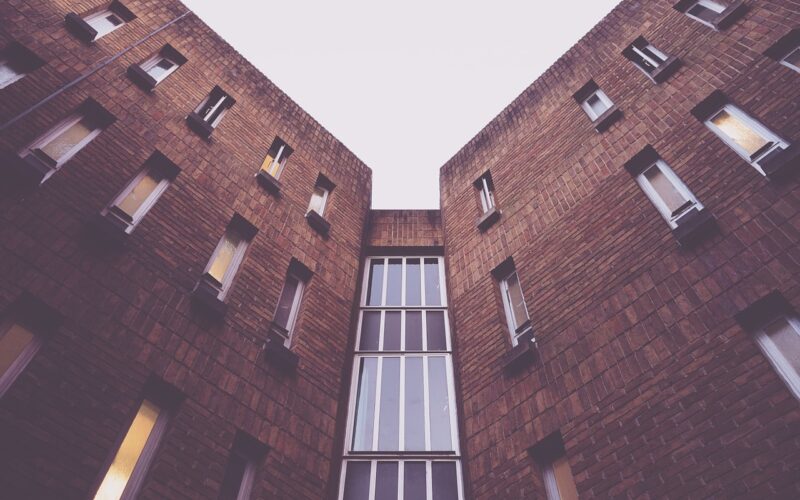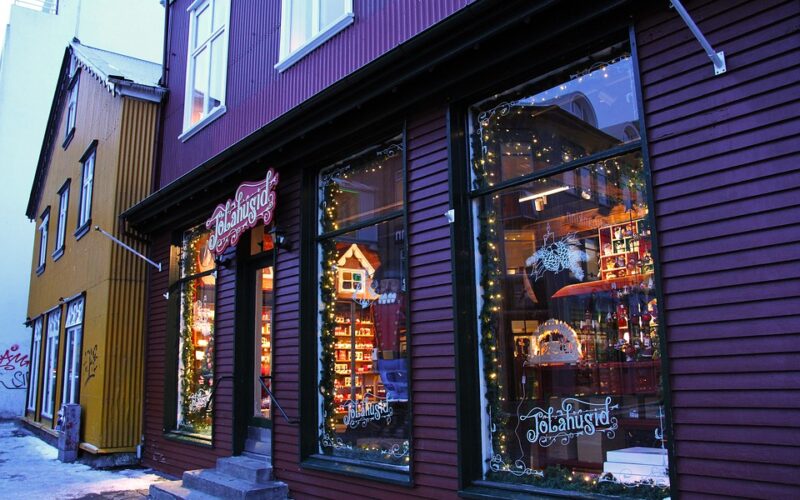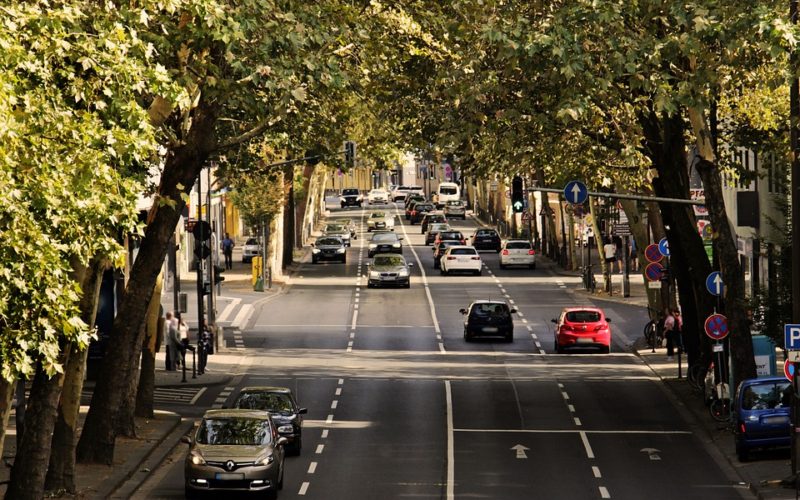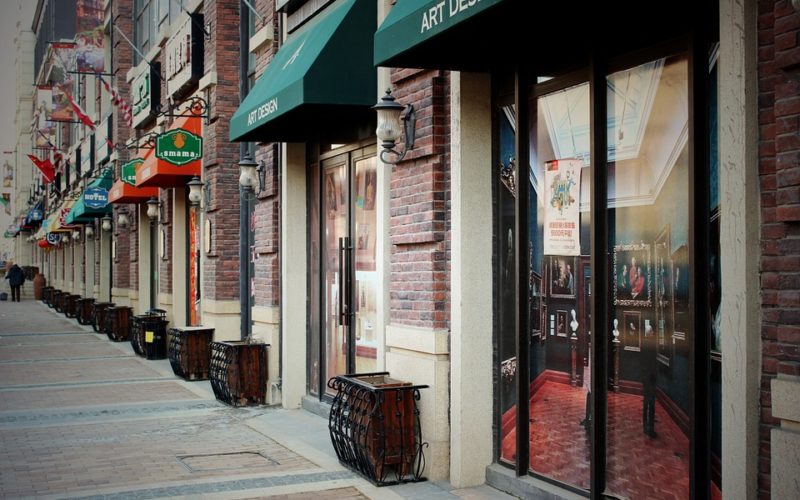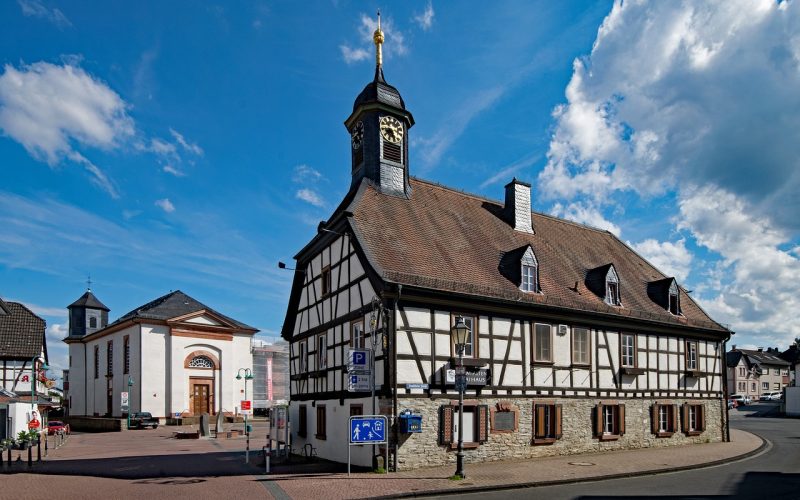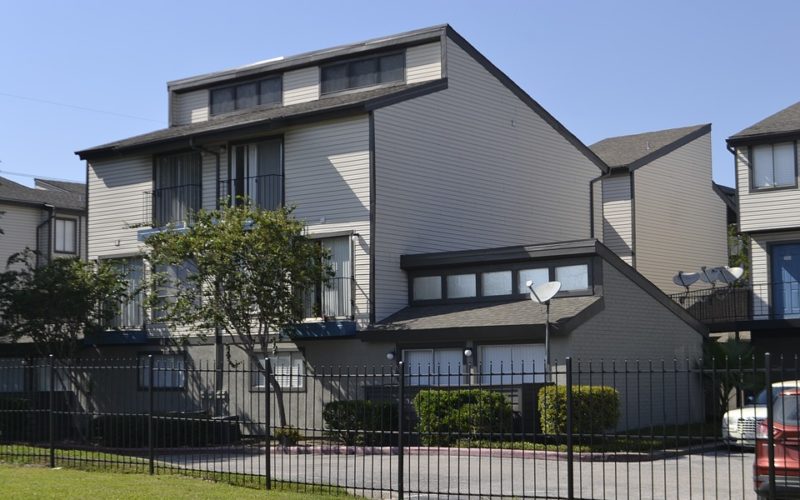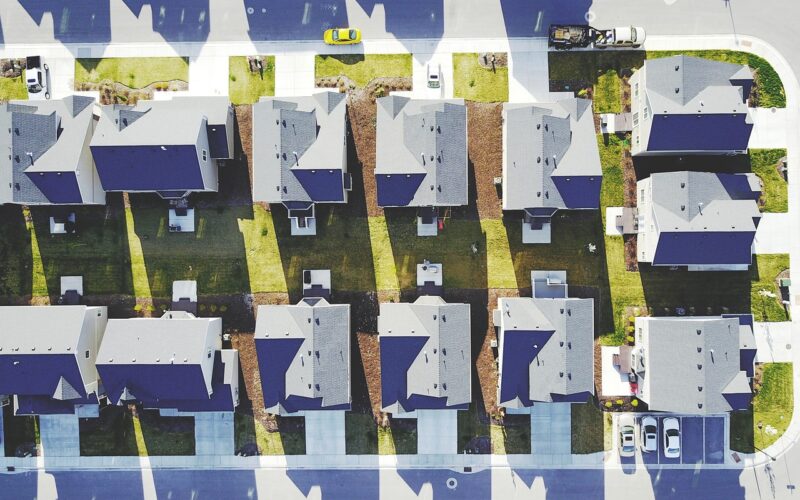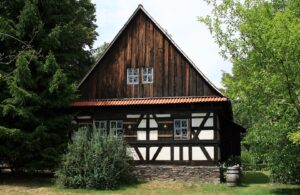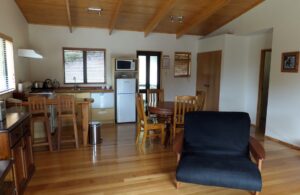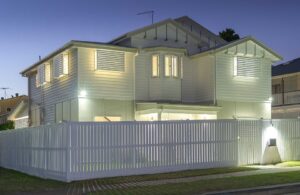Changing Industrial to Residential
Development depends largely on getting the most money for the land, so building multiple units of any type is often what developers are looking for when they purchase property. They could be interested in creating office space in an old warehouse district, or they could turn a former industrial site into a condominium complex. Changing industrial to residential zoning is not always easy, but many cities have found it is a good direction for them.
Older industrial sites were not always involved with hazardous chemicals, and many of them can pass modern tests for chemical safety. Being able to rezone older buildings that were once used by industry into something new can be a big boon for those looking to make a profit. Older buildings often had very high ceilings, plenty of windows, and they were usually situated near rivers for ease of shipping. Those river views can be a good bonus for new residents.
Zoning laws were created to ensure good living for residents, business districts for businesses, and industrial areas for manufacturers. All of these types of zones still have their own needs, but modern life can change an area quickly. Flexibility in zoning has become a good way for established cities and towns to keep their local real estate markets profitable, and it is a good way to encourage new residents to join their tax base.
Rezoning a piece of property can take at least several months of negotiation, but that can be built into the planning schedule. While public hearings can be long and difficult, they are the road to making a profit for modern developers. Turning an old manufacturing building into a new complex of homes is often the pathway to healthy profits when building or remodelling in an older setting that has been rezoned.
